Gervaise (1956)
“Someone had you before me, and I’m glad it was him.”
|
Synopsis: |
|
Genres, Themes, Actors, and Directors:
Review: However, the overall storyline — about women’s issues vis-à-vis poverty and single motherhood — is so bleak, one must be in the right space to handle it. We feel for Schell’s predicament: it’s hard enough for her to earn a rough living as a laundry woman while enduring teasing about her marital status: … but when her new husband turns to drink and then invites her older children’s father (Mestral) to come live with them, she is really put into a pickle. Things stay rough and don’t get a whole lot better; be forewarned. Notable Performances, Qualities, and Moments: Must See? Links: |
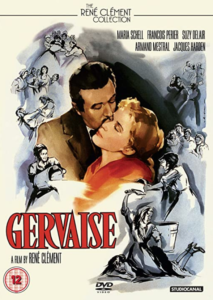
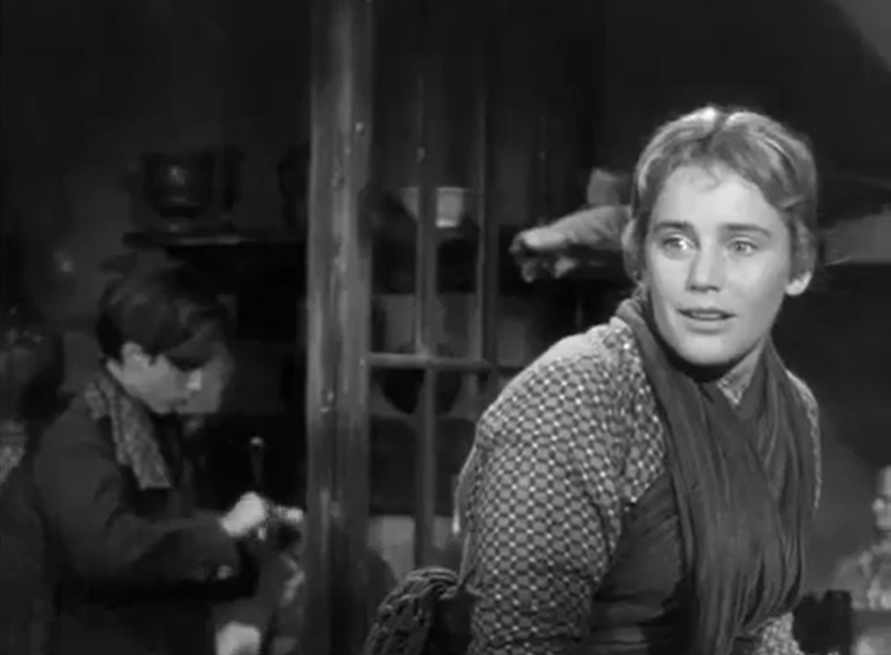
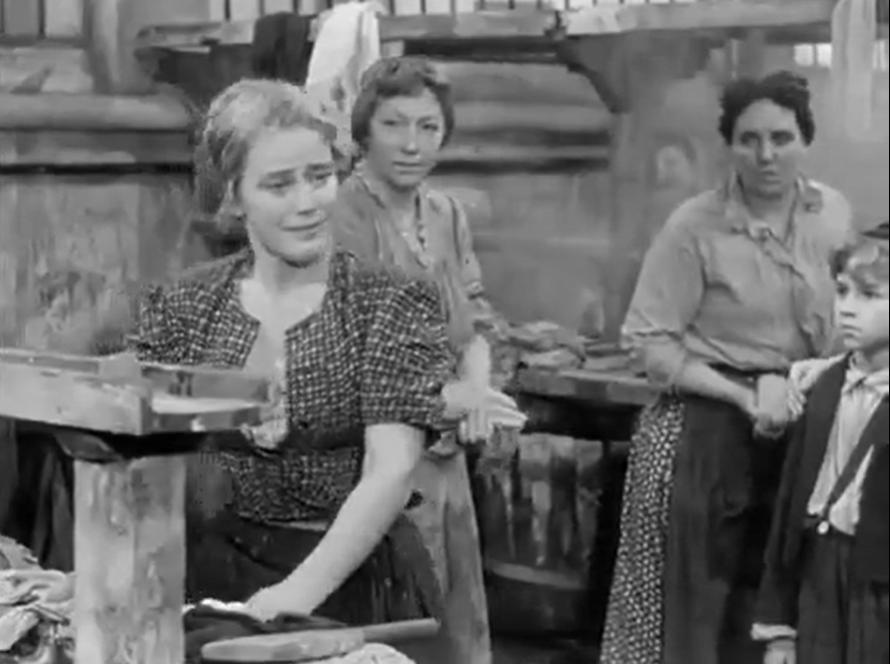
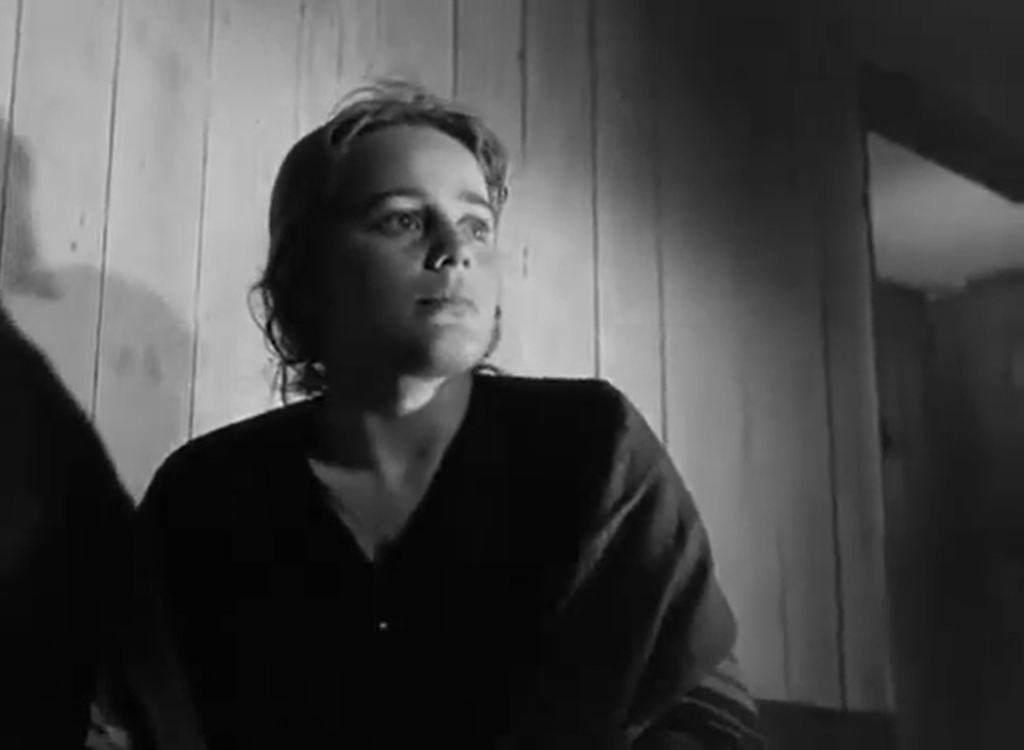
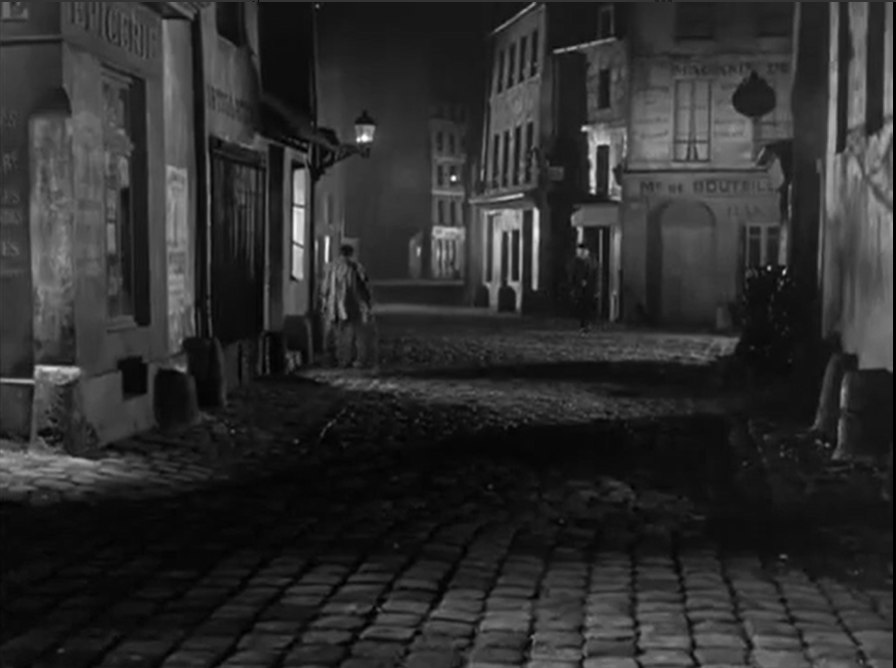
One thought on “Gervaise (1956)”
Agreed; not must-see, though it’s not a terrible film.
This could be speculation on my part – however, it seems to me that, going back in time (perhaps around the time that Peary was compiling his book and definitely before), a wider number of films from foreign countries that were rather bleak in nature (like this one) tended to get more attention than they do now.
More to the point: now certain such films seem to stay more on the radar. A film like ‘Gervaise’ (which may once have had more of an audience) may possibly be kept on the back burner, in favor of titles like Fellini’s ‘La Strada’ or Kurosawa’s ‘Ikiru’, etc. Tastes change and trends change; some titles seem to have more staying power than others.